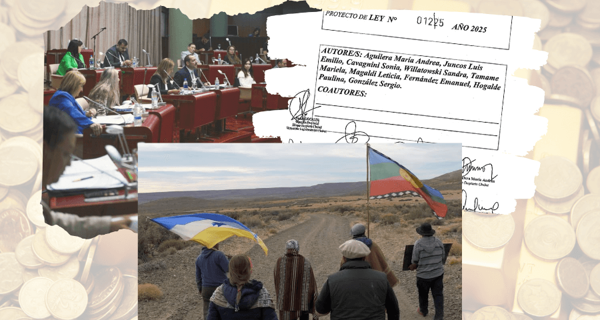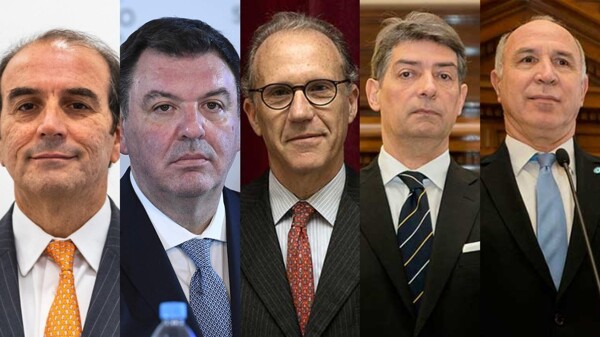
The press authorities of the Senate and House of Representatives communicated in a brief meeting the restrictive measure that impacts journalistic work. There was no room for negotiations; it was simply informed about the decision to limit the activity of the press, which has been interpreted as an act of censorship and restriction on freedom of expression by international agencies.
Various previous actions by the Government had already raised alarms about tighter control over the press. Among them, the swearing-in of the Cabinet behind closed doors or the relocation of journalists during the presentation of the 2025 Budget project. These measures put into question access and press freedom at important political events.
Despite a rollback on the initial prohibition regarding the work of accredited photojournalists, strong restrictions remain that hinder journalistic coverage. The available space is reduced, and journalists are forced to share locations with photographers, creating uncomfortable conditions for journalistic work.
The decision to implement these restrictions has been the subject of criticism and denunciations from various sectors, both political and civil society. Opposition leaders have called for an immediate review of this situation, arguing that restricting access to the press goes against democratic principles and institutional transparency.
The Parliamentary Journalists' Circle has firmly rejected these restrictive measures, considering them an affront to press freedom. There is a highlighted need for parliamentary journalists to be able to perform their work comfortably and with full freedom, as has traditionally been the case in the legislative sphere for decades.














